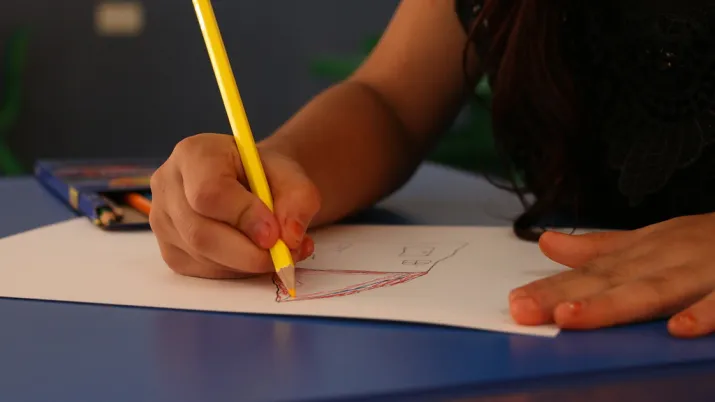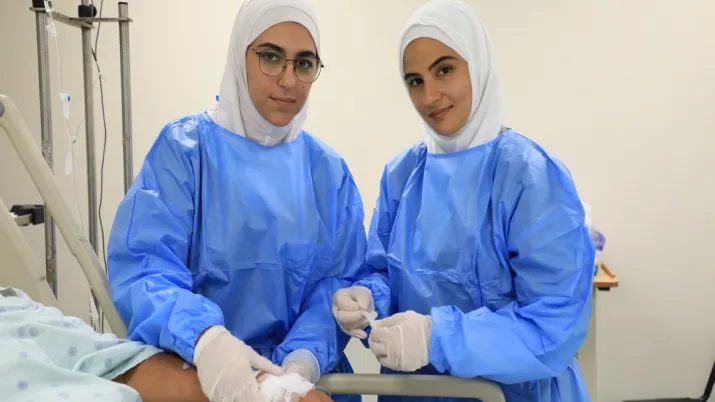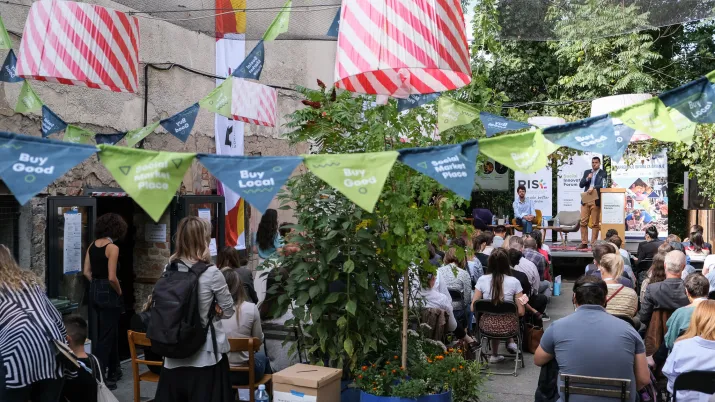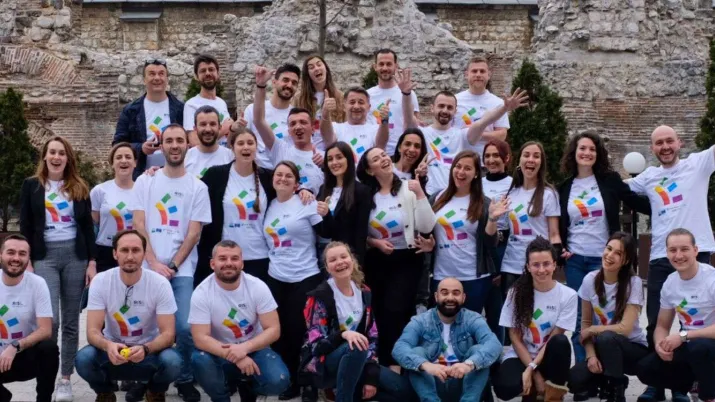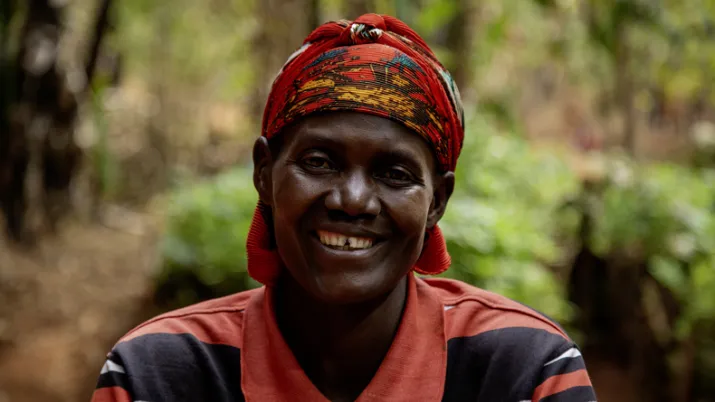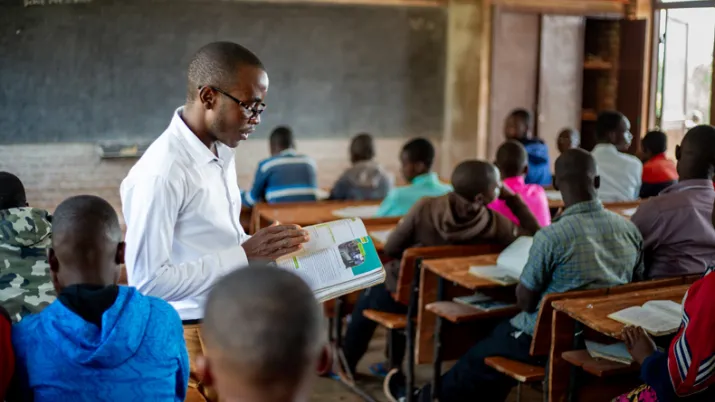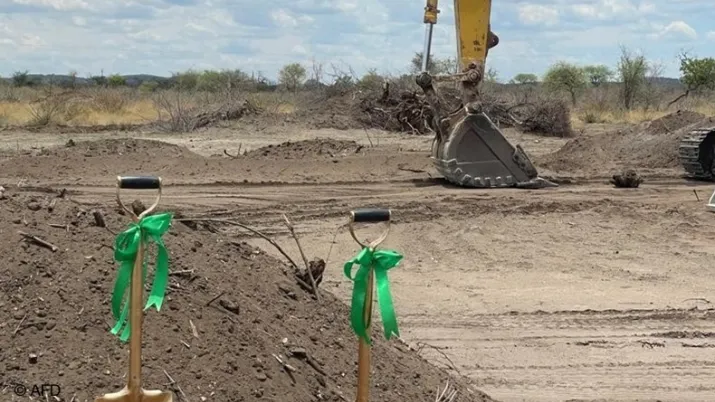Share the page
"Haretna": Community-driven urban recovery of neighborhoods in Lebanon
Project
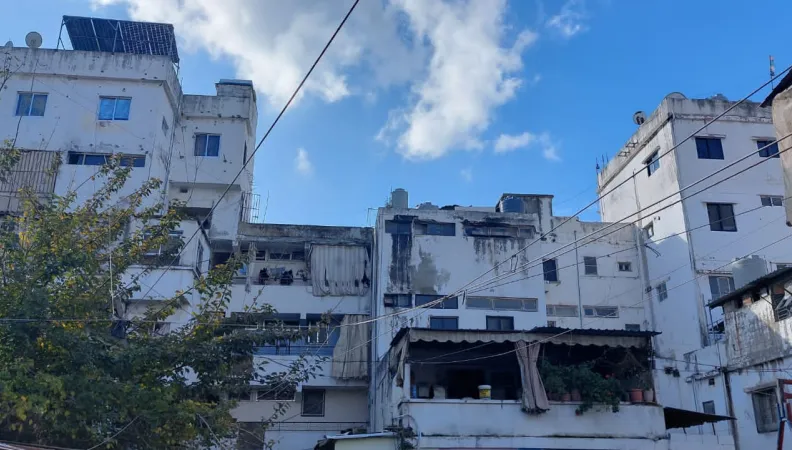

-
Project start date
-
Status
Ongoing
-
Project duration
-
4 years
-
AFD financing amount
-
€ 10 700 000
-
Country and region
-
Location
-
Tripoli, Beirut and Sidon
-
Type of financing
-
Beneficiaries
-
Norwegian Refugee Council
Implemented by a consortium of NGOs led by the Norwegian Refugee Council (NRC), this project will support local development and improve the residents living conditions of three vulnerable urban neighborhoods in Tripoli, Beirut and Sidon.
Context
Since 2019, Lebanon has plunged into an economic and social crisis of an unprecedented magnitude. This crisis is a burden on the country’s ability to finance public infrastructure and services. Over the longer term, strong and poorly planned urbanization, coupled with lack of resources and mismanagement, have contributed to the development of informality in cities. It has also contributed to the concentration of poverty, exacerbation of gender inequalities and creation of underserved, underequipped and vulnerable urban neighborhoods. In addition, Lebanon is suffering the consequences of the Syrian conflict that began in 2011: the massive influx of Syrian refugees (1.2 millions according to UNHCR) has disrupted demographics in major cities, worsening stress on infrastructure and urban services, as well as pressure on housing and labor market, particularly in the informal sector.
Description
The aim of the project is to support the socio-economic recovery of the targeted neighborhoods, reduce gender inequalities and contribute to reducing tensions.
Thus, the project will improve the living conditions and local development of three vulnerable urban neighborhoods located in different neighborhoods of Greater Beirut, Tripoli and Sidon, selected for the great vulnerability of their inhabitants and the importance of the issues of coexistence between communities.
- SO 1: Improving the living conditions of vulnerable neighborhoods residents (Lebanese, refugee communities, especially Syrian) by strengthening their access to essential urban services and infrastructure in an inclusive way.
- SO 2: Strengthening social cohesion among members of different communities by empowering households to claim their rights and access protection services (mainly for women and the most vulnerable people).
- SO 3: Improving socio-economic inclusion through support for job creation and income-generating activities.
To this end, it is proposed to develop a sustainable recovery plan in each of the targeted neighborhoods with the participation of residents and representatives of civil society, in close cooperation with municipalities. These action plans will provide a response to the previously identified multidimensional and priority needs. It will take place over a period of four years (2023-2026).
Impacts
The project aims to improve the living conditions of vulnerable populations, their livelihood and social cohesion within targeted neighborhoods while addressing gender inequalities. It will contribute to improve the quality of life of 40,000 people, 61% of whom are women and girls and 13% are children.
In addition, in the context of a crisis in political institutions, the involvement of municipal representatives and local institutional actors acting in vulnerable neighborhoods will be a key part of the project.




